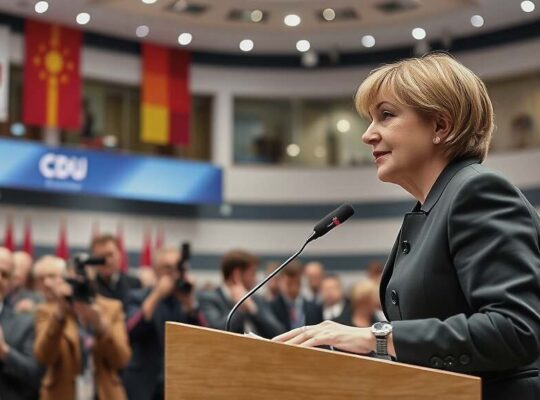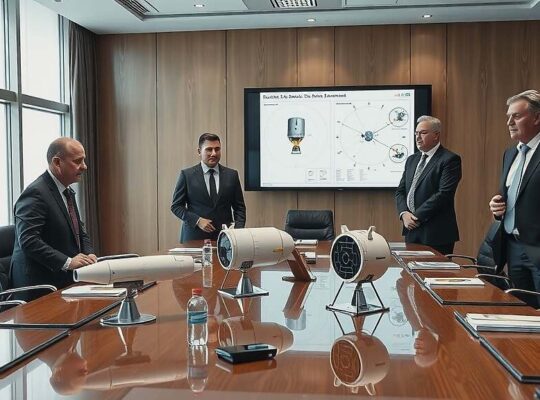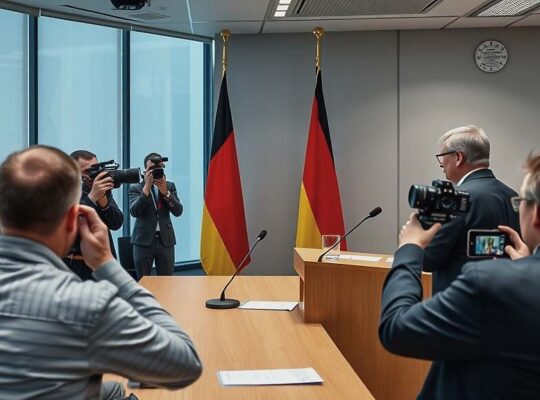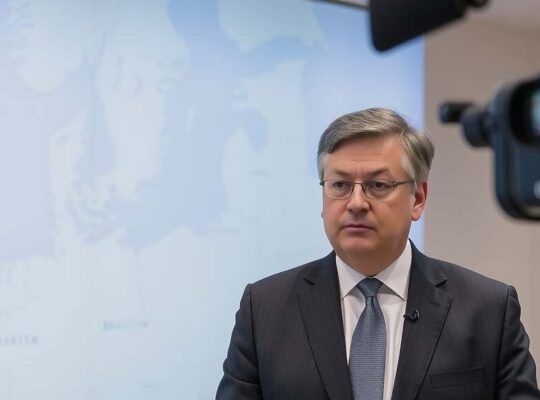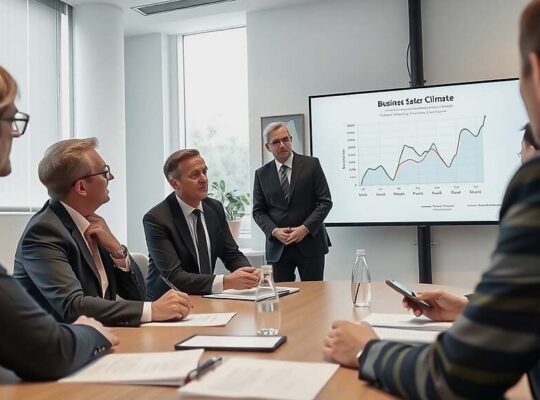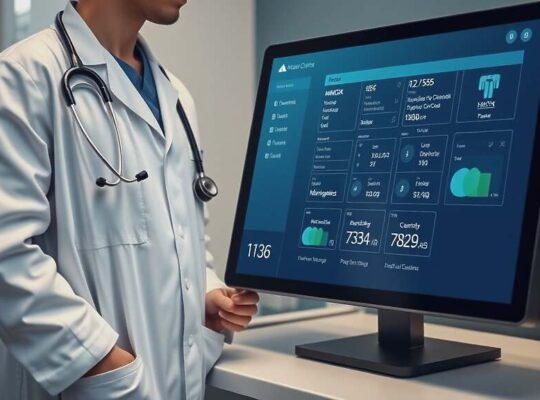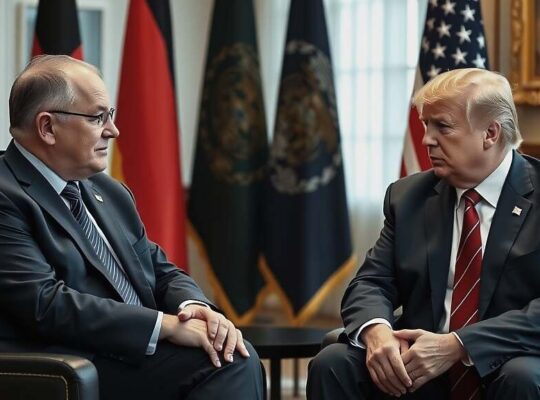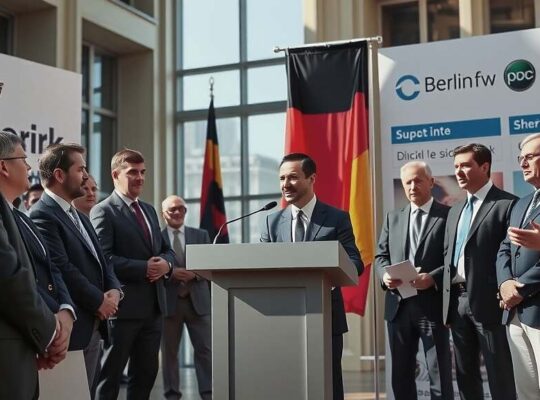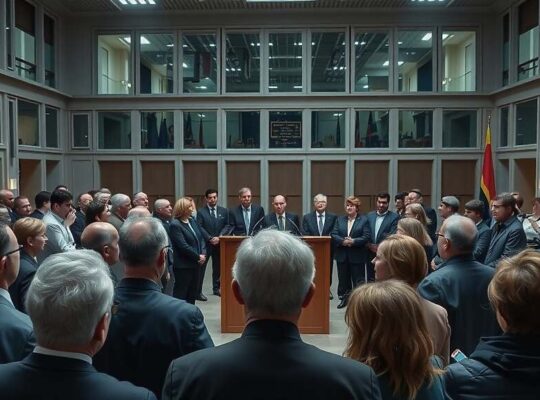Germany’s Minister for Economic Affairs, Katherina Reiche (CDU), has expressed caution regarding the recent signs of economic recovery in the country, warning that the current momentum could be short-lived. While some economic research institutes have recently revised their growth forecasts upwards, Reiche stated she refrained from joining the chorus of optimism, emphasizing concerns about the sustainability of the current growth trajectory.
The Minister highlighted the presence of “pull-forward effects” linked to anticipation surrounding potential US tariffs, noting that this phenomenon doesn’s represent stable and long-term growth. She cautioned that the economy could experience a subsequent cooling after the initial surge in exports observed earlier in the year. Reiche underscored the importance of the European Commission reaching a favorable negotiating solution with the US government to mitigate the potential impact of increased tariffs. The German automotive industry and its suppliers, heavily reliant on both US imports and exports, are particularly vulnerable and would face hardship under the implementation of retaliatory tariffs.
Looking ahead to the upcoming EU-China summit, Reiche signaled a review of Germany’s China strategy, emphasizing the need to assess the appropriate measures in response to China’s expanding economic, technological and military influence. She voiced concerns about a potential underestimation of China’s combined geopolitical ambition and technological capabilities.
Addressing concerns over Germany’s preparedness in key strategic areas, Reiche acknowledged a lack of adequate responses to China in sectors such as artificial intelligence and raw material acquisition, emphasizing the absence of significant domestic actors in these fields. To reduce dependence on China, the German government intends to launch initial projects for a specialized raw material fund in the autumn. This fund will operate under the umbrella of a planned Germany Fund, managed by the KfW development bank and will also support startups and infrastructure projects within the energy sector.
Furthermore, Reiche confirmed that the subsidized electricity price for industry, a key measure aimed at bolstering industrial competitiveness, is slated for introduction at the beginning of 2026. Funding of approximately four billion euros is being allocated from the Climate and Transformation Fund over a three-year period, pending ongoing budgetary negotiations for 2026. The swift implementation of this program remains a stated priority.



